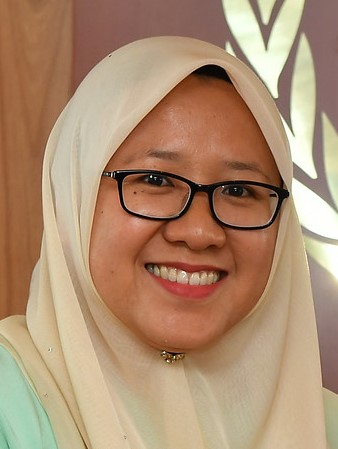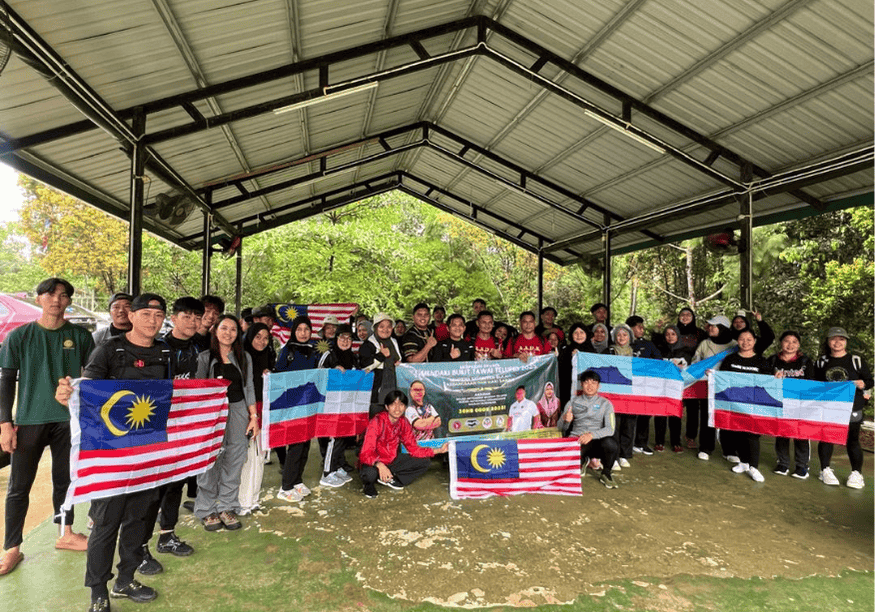KUALA LUMPUR: Kota Belud Member of Parliament Munirah Majilis has called on Sabahans to take charge of their own political future and reduce reliance on political parties from Malaya.
Speaking in the Dewan Rakyat on Wednesday, Munirah used clear statistics to show how Malaya-based parties dominate politics in the peninsula, while Sarawak has successfully built a strong local political front. Sabah, she said, is still caught in between.
“There are 600 state assembly seats across Malaysia — 445 in Peninsular Malaysia, 82 in Sarawak, and 73 in Sabah,” she said.
“In the peninsula, 100% of the 445 seats are held by parties based there: Pakatan Harapan (131), Perikatan Nasional (207), Barisan Nasional (105), and Parti Muda (1). Not a single seat is held by a party from Sabah or Sarawak.”
In Sarawak, however, the situation is reversed.
“Out of 82 seats in Sarawak, 79 are held by Sarawak-based parties under Gabungan Parti Sarawak (GPS), one by an independent, and only two by Pakatan Harapan,” she said.
“That’s 98% local representation.”
Munirah said this strong support for local parties has allowed Sarawak to take control of its own affairs — including managing ports, securing federal approvals for projects, and even providing free education for students.
“Sarawak can do this because its people are united behind local parties. They make their own decisions,” she said.
In contrast, she pointed out that Sabah’s political make-up is still mixed.
Based on the 2020 state election results, of the 73 seats in Sabah: Warisan holds 29 seats, Perikatan Nasional: 17, Barisan Nasional: 14, Parti Bersatu Sabah (PBS): 7, Independents: 3 PKR: 2 and Upko: 1
“This means only 58% of Sabah’s state seats are held by local parties. Peninsular parties control 36%, and independents hold 6%,” she said.
Munirah questioned why Sabah continues to share control with outside parties when both the peninsula and Sarawak show the benefits of strong, locally-based political representation.
“In the peninsula, 100% of the seats belong to Peninsular parties. In Sarawak, 98% are held by Sarawak parties. But in Sabah, we are still sharing,” she said. “Is that how it should be?”
She clarified that her remarks were not meant to stir division but to encourage Sabahans to take ownership of their future.
“I am not against my friends from the peninsula. You are my family, and I respect you,” she said. “But as a Sabahan, I have the right to defend our state.”
“The time has come. Let Sabah be managed by Sabahans,” she said.




